Most of what you have read about design for low power has probably focused on mobile devices where power consumption constraints tend to outweigh performance objectives. These devices use aggressive power switching strategies, based on the reasonable assumption that parts or all of the device can be powered down at any given … Read More
Author: Bernard Murphy
Emulation as a Multi-User Shareable Resource
One of the great advantages of emulation is that runtimes are much faster than for simulation – sufficiently fast that you can really debug hardware together with software for comprehensive use-case testing. A not so great aspect is that emulators are expensive and, until relatively recently, not particularly easy to share across… Read More
Mentor Functional Verification Study 2016
Periodically, Mentor commissions a user/usage survey on Functional Verification, conducted by the Wilson Research Group, then they publish the results to all of us, an act of industry good-citizenship for which I think we owe them a round of thanks. Harry Foster at Mentor is breaking down the report into a series of 15 blogs. He’s… Read More
A Powerful Case for the ARC SEM Processor
Building devices for the IoT has become especially challenging thanks to two conflicting requirements. The device has to be small and ultra-low power in most applications but also in many of those applications it has to provide a high-level of security, especially to defend high-value targets like smart metering, payment terminals,… Read More
Checkout the Upcoming Synopsys Power Webinar
This is part 3 of a series of 4 on low power design, scheduled for September 21st at 10am. Kiran Vittal and Ken Mason will be discussing using the SpyGlass Power solutions (analysis and verification) to optimize power at RTL. Atrenta always had a leading position in this area; I expect a year following their acquisition by Synopsys,… Read More
We Have Met the Enemy (of Security) and It Is Us
(With apologies to Pogo.) For all the great work that we are seeing in improving both software and hardware security, we – not the technology – are in many ways the weakest link in the security chain. Recent reports indicate we are surprisingly easy to fool, despite our much proclaimed awareness of risks.
In a recent experiment at … Read More
Petahertz Electronics?
In the early days of integrated components, we used to think kHz (~10[SUP]3[/SUP]Hz) processing was pretty wild. Those systems were quickly eclipsed by MHz (~10[SUP]6[/SUP]Hz) performers and now we’re blasé about GHz (~10[SUP]9[/SUP]Hz) speeds. Recently (2014), DARPA announced a THz (~10[SUP]12[/SUP]Hz) amplifier, built… Read More
We Don’t Need Graphic Design. We Do Need Graphic Views
Many years ago, there were attempts to (re-) introduce a graphical entry approach to building RTL design. The Renoir product was one example. The idea has some initial appeal. You describe the behavior in a small block using (textual) RTL but the larger structure of instances and higher-level connectivity can be described as a … Read More
Bacteriography
I recently found a couple of articles which caught my interest, both on roles bacteria can play in electronics. The first has to do with a method to form semiconductor-like structures on a sheet of graphene. Graphene is an excellent conductor but in sheet form but conducts more or less equally in all directions. So the first problem… Read More
A New Player in the Functional Verification Space
Israel has a strong pedigree in functional verification. Among others, Verisity (an early contributor to class-based testbench design and constrained random testing) started in Israel and RocketTick (hardware-based simulation acceleration), acquired more recently by Cadence, is based in Israel. So when I hear about an … Read More




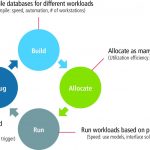

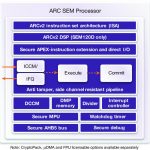

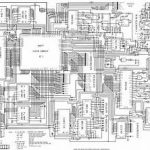
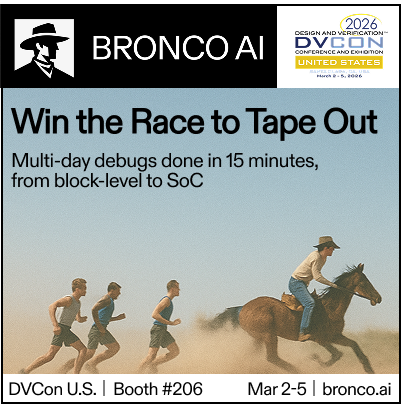

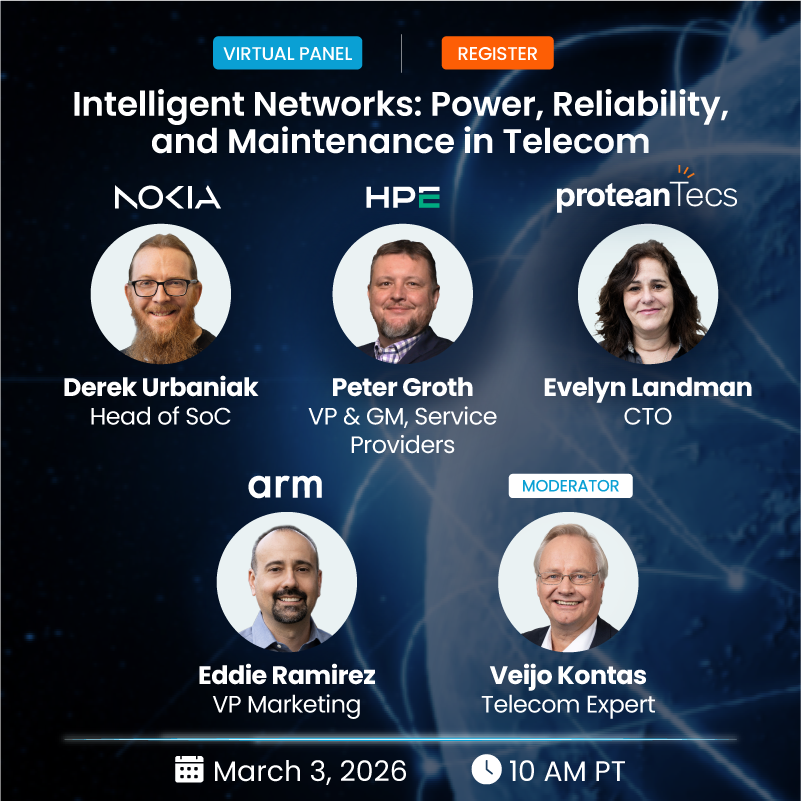





A Century of Miracles: From the FET’s Inception to the Horizons Ahead